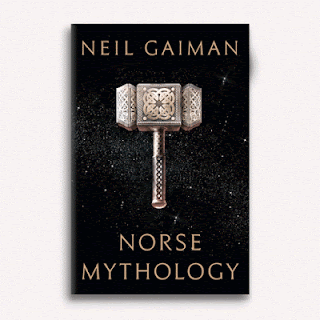Kristin Lamb wrote an intriguing
post on how to write NO MATTER WHAT:
She points out that many of our
noted writers were journalists, but forgot the two most famous:
Mark Twain and
Ernest Hemingway.
When the bullets are flying and
the forest fire blazing, your editor does not have time to wait for your muse
to become inspired.
She equates journalism with
blogging since it is a form of digital journalism.
And she is right:
We have to be
concise, engaging, and convey the most information using the fewest words
possible.
BUT IF YOU DON’T KNOW YOUR STORY …
Your novel is going nowhere.
It will be buried under “wonderful moments”
that tug at the heart and stalls your story.
What is the story of LOTR?
Is it Frodo throwing the Ring into the river of fire in Modor, or
is it Frodo finding Frodo?
What is the story of GONE WITH
THE WIND?
Is it Scarlett hopelessly
chasing Ashely Wilkes or vainly trying to retrieve the vanished South she
loved?
LEARN TO SEE WHAT IS AROUND YOU.
Take the first face you see in
the next crowd. Describe it in ways that would draw in a reader and accurately
display what your eyes see.
What follows each major scene in
your novel? If it does not turn the
reader’s expectation upside down, you’re going to bore her.
DRAW YOUR READER INTO YOUR NOVEL
BY MAKING THEM PART OF IT.
How to do that?
Give them a character to root for, to relate
to. All humans bleed, hope, have their
hearts broken.
Have your heroine suffer those
universal blows.
Better yet have your
antagonist suffer them as well.
BE A DO-ER NOT A DREAMER.
Write every day. Even if it is only a paragraph. Write every day.
Make a Bonzai tree out of your
novel.
If you write 5 pages in the
morning, refine them to 3 in the evening.
SAY IT IN QUALITY NOT QUANTITY.
November is coming up. Forget volume. Focus on value.
Have you ever read a novel and groaned, "Just get to the point!"
Don't do that to your reader.
Raymond Chandler once wrote: "She gave him a look that jutted four inches out of his back."
Short. Punchy. Funny.
It made me want to read on.
I hope that this helped in some small way. If not, read Kristen Lamb's blog. I know she will help you.















 Dear Author :
Dear Author :


















































































































































































